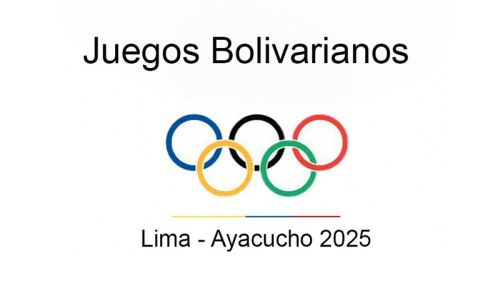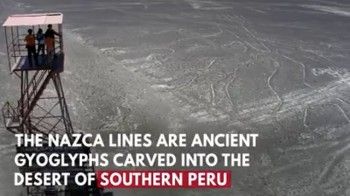Hello,
I'm currently looking into getting a criminal record check from Canada to apply for a working visa in Peru (I'm currently in Peru).
I read: "
- This commment is unpublished.@CatherineHello Catherine,seems that a part of your comment is missing.How can I help you?GreetingsEva
- This commment is unpublished.@Sunflower I meant to say I didn't see getting a signature from the Ottawa Criminal Real Time director on the Canadian embassy website (as well as the RCMP website) and was wondering if this was necessary.This is in reference to what your reader wrote : "Make sure you specify you need the police check including the signature from the Ottawa Criminal Real Time director."Thank you!
- This commment is unpublished.@catherineHello Catherine,every document that you want to get apostilled needs a signature of the public official, who is in charge of issuing such documents (and if applicable, a seal / stamp of the authority).On the Website of the Government of Canada under Authentication of documents: 1. Before you start you can find this:"To be authenticated, your document must bear an original, recognized signature (and seal, if applicable)."Hope this helps.GreetingsEva































